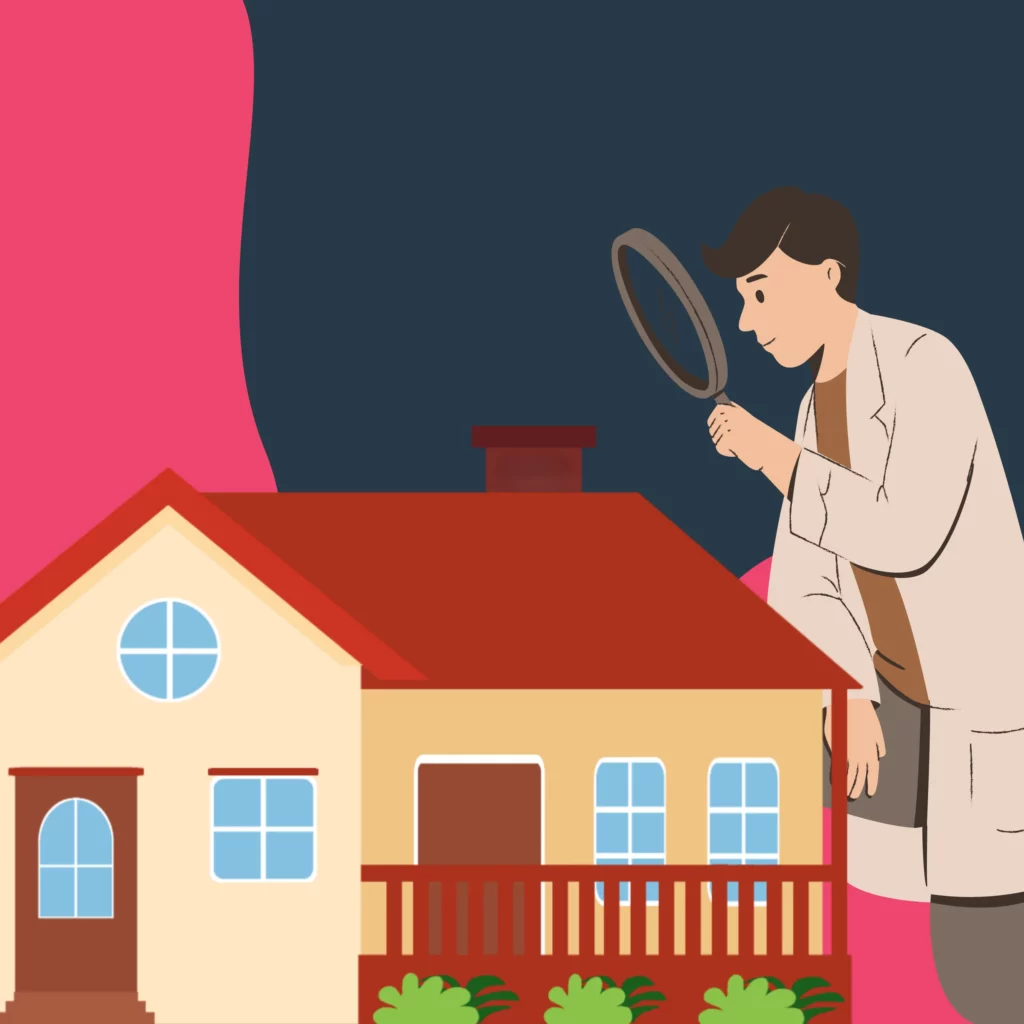
Ranking as one of the most important decisions you can make in life, choosing the right home to buy isn’t the easiest of tasks. So, no pressure then.
With that in mind, the positives do outway the negatives. Buying a house gives you a sense of responsibility and security, offers freedom to create the living environment you’ve always desired, and provides opportunity for change.
With so many things to consider, it’s always best to start with the essentials first: location. The community in which you live is often likely to be as important, if not more than, the actual physical property you choose. You can change the interior of the house to suit your needs, even make the house bigger, but you can’t change its location.
Ideally, you should pick a location that fits the lifestyle you want, and what you can afford, at this point in time, rather than what you might be doing in ten years time. The location of your home will impact your everyday activities such as commute times to travel to work, choices for school, social opportunities, surrounding attractions, recreation, family and friends, etc.
Whilst some homebuyers have their hearts set on living in a particular neighbourhood, if your budget is limited, you may find yourself having to pick between a fixer-upper in your dream location, or your dream property a little further from the action. Of course, everyone’s priorities vary, but most likely you will have to compromise in some way or other if you can’t get exactly what you want.
Budgets can easily blow out when it comes to buying a new home, so it’s important to have a price in mind for how much more you are willing to spend, on top of the actual price for the property. Unless you have a lot of money at your disposal to buy or build the perfect house from start to finish, there’s a good chance that the house won’t hit every requirement on your list.
Part of the excitement of looking at new homes is envisioning what it might look like with a few added transformations. However, what might seem like a good fixer upper could quickly turn into a nightmare and blow out your budget with small repairs and renovations. Don’t misjudge the potential of your new place, or be overly confident in your abilities to make the changes yourself. Renovations cost a lot of money, and some things are just not worth the time and money.
Look at the bigger picture and try to envision your entire home, rather than just individual rooms. As long as the house meets the basic requirements and is structurally sound, most other things can be fixed. In the grand scheme of things, small details don’t really matter, as you can always gradually landscape the outdoor area to make it look like that Japanese garden you always dreamed of, or you can always renovate the kitchen or add an extra bathroom later on when you have the money.
If it’s simply a matter of the house needing a cheap makeover, then don’t underestimate what changes you can make yourself that won’t cost a fortune and will make a huge difference, such as a coat of paint, changing the lighting or redoing the flooring. Try and visit the house in different weather conditions and at different times throughout the day so you can see it in all its glory.
You also need to look beyond the location and physical structure of the house, and consider the costs of maintaining the property. For example, if you have a huge house, it will be more expensive to run power and heating throughout it. The cost of electricity, power and utilities are often overlooked when buying a new home. You might consider asking the current owners for an indication of their energy consumption during Summer and Winter.
If you’re uncertain about a house, hire a builder to do a house inspection, which may unearth hidden reasons why you shouldn’t buy it. Inspectors will determine any major issues with the house, such as structural problems, poor insulation, evidence of cracks and dampness in walls and floors – this will give you an idea of any future maintenance and repairs you might have to undertake.
In some instances, you might be better off waiting a little longer until a house that suits you better comes along. Trust your instincts. If your first impression of a home doesn’t feel right, maybe you should just keep on looking. Don’t just settle for the first good deal you can get. There will be other properties for you to look at, probably even better ones.
When purchasing a new home, be realistic about the enormity of the task at hand. At first, it may seem stressful, expensive and a lot of hard work, but the benefits of owning your own home are long term.
Website by ASIA